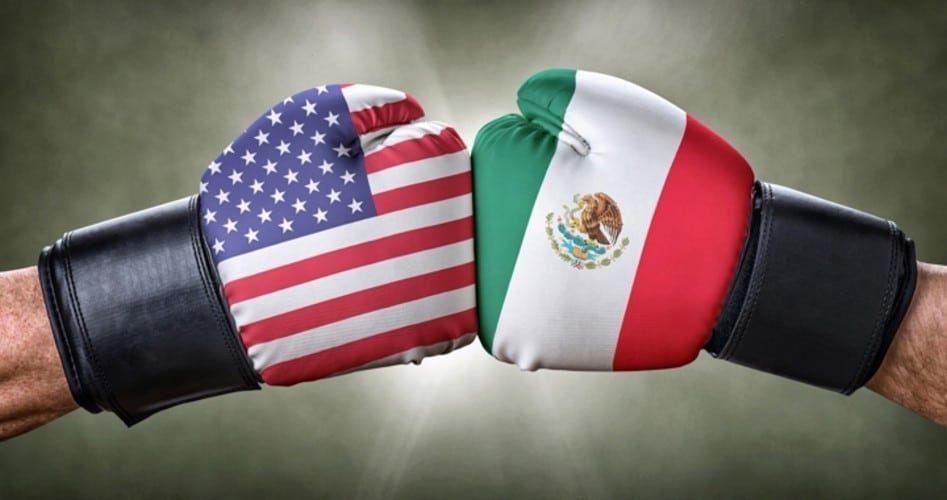
One of the sticking points during negotiations over the USMCA between Mexico and the United States was the issue of national sovereignty. Ironically, it’s Mexican trade negotiator Jesús Seade, not America’s Robert Lighthizer, who considers the matter worth fighting over.
After a very long day of heavy negotiations on Friday, December 6, Seade warned, “We are very willing to find mechanisms … provided it’s all done in a manner that is consistent with our constitution and laws and our sovereignty.”
What’s at issue is House Democrats’ demands that the treaty contain provisions for U.S. bureaucrats to inspect Mexican factories to make sure they are meeting the new provisions of the USMCA regarding wages and the rights of unions to organize their workers.
Just as it appeared that a compromise had been reached, Seade protested on Sunday against a new provision just tucked into the agreement at the last minute that would permit the United States to install five new attaches in Mexico to monitor his country’s labor “reforms” mandated under the USMCA. Seade complained that he was not consulted over the addition of the new provision, calling it “unnecessary” and “redundant,” and claiming that it violates Mexico’s national sovereignty.
In an editorial published by the Wall Street Journal on Sunday, the words “national sovereignty” didn’t appear, but instead the USMCA’s demand for “politically managed trade” was presented as a potential stumbling block for the deal. Said the editors, “In many respects the new deal is worse than NAFTA, especially its bows to politically managed trade.”
The revised NAFTA agreement interferes with automakers’ decisions by demanding new “rules of origin” for much of a new car’s content. It also mandates that vehicles being built in Mexico are made by workers making at least $16 an hour. As The New American noted, “Traditionally, free trade presupposes the free flow of goods across borders without the intervention of government. However, international … arrangements such as NAFTA … do not seek to remove government from international trade, but rather to empower more government over it.”
When socialist Mexican President Nieto signed the USMCA on his last day in office in November of last year, he called it “the economic integration of North America.” It would create a binding supranational authority over the United States in which, as we noted at the time, “unelected, appointed bureaucrats supersede the will and authority of the American people.”
Specific instances in the 2,410-page treaty empower a “Free Trade Commission” that makes USMCA a “living agreement” with powers “to change the agreement without the approval of the U.S. Congress.”
The irony should be obvious. Mexico is complaining that the USMCA violates its national sovereignty, while the U.S. media, including the “conservative” Fox News, remain deathly silent over the threat.
Seade has offered a compromise: Let the agreement allow “reciprocal measures” so that unelected Mexican bureaucrats can enter and inspect U.S factories to make sure they are living up to the agreement. In normal times, this would be the ultimate “deal killer.” But these are not normal times, and the clock is ticking for Congress to pass the USMCA before it adjourns for the year on Friday.
It is increasingly likely that national sovereignty will give way to political expediency during the rush to adjourn and give the president his “victory.”
Image: Zerbor via iStock / Getty Images Plus
An Ivy League graduate and former investment advisor, Bob is a regular contributor to The New American, writing primarily on economics and politics. He can be reached at [email protected].
Related article:



